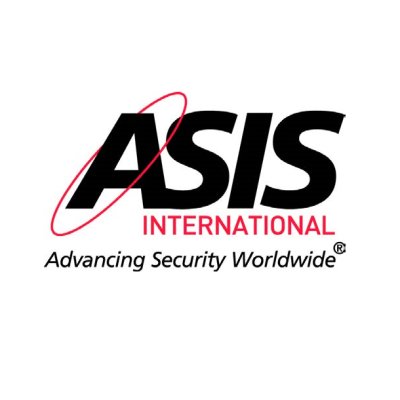
Online Training
Defencify’s Approach to Developing Interactive Online Courses for Adults
Defencify
Article by Anneke Garcia
Androgogy is the method and practice of teaching adult learners. At Defencify, we have studied the best methods for helping adults: learn, remember, and apply information they need to succeed on the job and in real-life situations. We keep our instructional approach up-to-date and informed by the most recent educational research. Among these principles are:
Salf-paced learning:
By the time someone becomes an adult, they have experienced many forms of learning and they have a good idea of which methods they’ve found most useful - traditional classroom settings that use rote learning techniques are probably their worst nightmare. Requiring adults to sit through pre-scripted, timed presentations, is not as effective as allowing them to move through material at their own pace, spending time where they need to dive deeper into unfamiliar territory, and moving more quickly through concepts they understand readily. Allowing adults to navigate freely and re-visit content on-demand, respects their existing understanding and makes them more likely to engage with content you have prepared for them.
Problem-based and scenario-based learning:
Many adults were raised in traditional classroom settings where they were forced to memorize rules, formulas, and lists of information - most probably struggled to recall such information when they were put on the spot. What adults require is information that they can immediate apply to real-world settings. Working questions and problems into scenarios that adult learners are likely to see in their own line of work is a way to teach, reinforce, and assess new information so that they can contextualize and easily recall the necessary information. Recent research backs up problem-based learning as being highly effective for adult learners, and shows that comprehension and retention of the content learned increases as information is presented in more complex contexts and real-world scenarios.
Scenario-based learning can sometimes be abstract and must be skillfully designed in order to maximize its impact for adult learners. At Defencify, we follow the learning industry’s best practices to create skillfully crafted scaffolded learning. New principles are introduced, examples are cited, and then learners are gradually led to apply the principles in scenario-based questions.
Modular and Microlearning
While traditional classroom training still exists, in today’s modern workforce this is not an efficient or practical way to expect professionals to acquire new information throughout their career. By breaking down learning encounters into small, modular pieces, adult learners are allowed to more effectively manage their time, managers and leaders are allowed to make
quicker, more economical changes to topics that are taught, and course creators are allowed to more efficiently adapt to constantly changing regulations and laws in many areas.
At Defencify, we design course material as modular systems that can be arranged to suit the needs of diverse organizations. Microlearning, or small, quickly digestible learning encounters of no more than 5-10 minutes, is another way to keep professionals abreast of the most crucial principles in their field without requiring lengthy, costly training that takes time away from their workday.
________________________________________________________________
Merriam, S. B. (2001). Andragogy and self‐directed learning: Pillars of adult learning theory. New directions for adult and continuing education, 2001(89), 3-14.
Hmelo-Silver, C. E. (2004). Problem-based learning: What and how do students learn?. Educational psychology review, 16(3), 235-266.
Larkin, M. (2002). Using scaffolded instruction to optimize learning. ERIC Digest.
Leach, M., Hadi, S. M., & Bostock, A. (2016). Supporting diverse learner goals through modular design and micro-learning. Research Track, 149.
Emerson, L. C., & Berge, Z. L. (2018). Microlearning: Knowledge management applications and competency-based training in the workplace. Knowledge Management & E-Learning: An International Journal, 10(2), 125-132.










